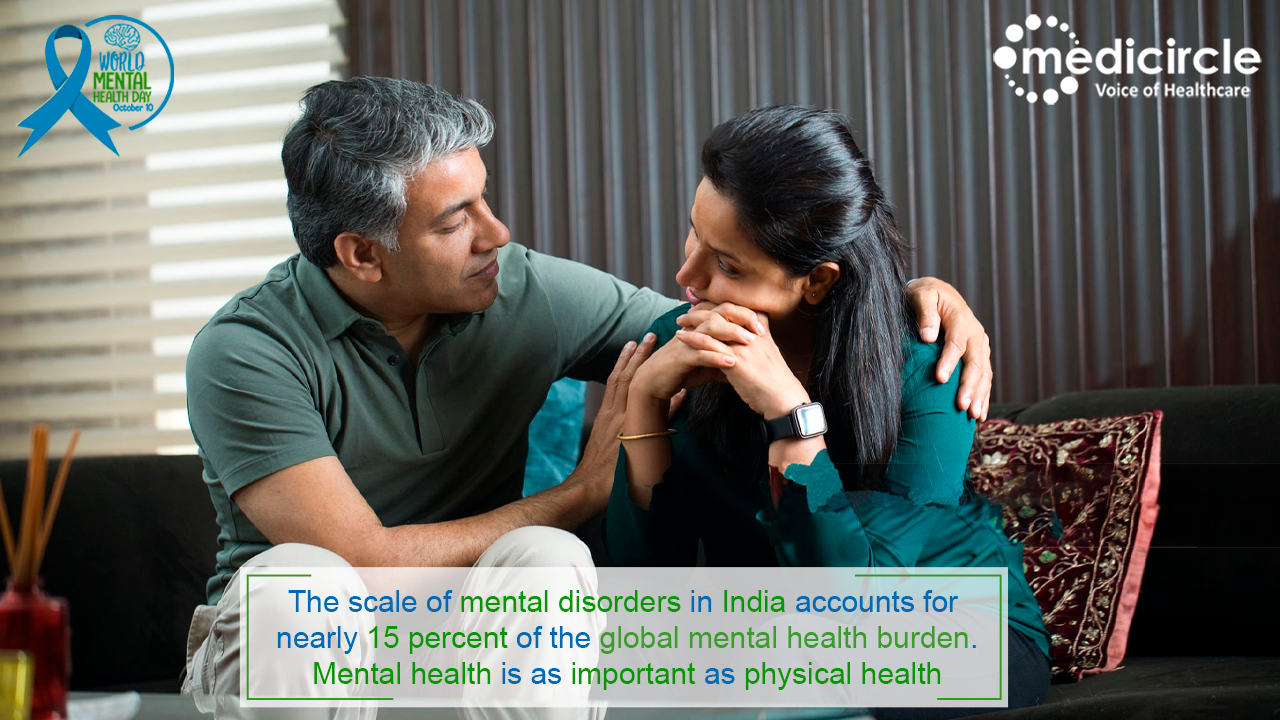Our emotional, psychological, and social well-being are all parts of our mental health. It influences our thoughts, emotions, and behaviours. Additionally, it affects how we respond to stress, interact with others, and make decisions. Every stage of life, from childhood and adolescence to adulthood, is essential for mental health.
If you have mental health issues, they may impact your thinking, mood, and behaviour over the course of your life. There are numerous factors that affect mental health issues, such as real-time experiences with trauma or abuse or a history of mental illness in the family.
Warning signs
Knowing the early warning signs of mental distress can help you recognise when someone is having trouble. Physical symptoms include constant exhaustion, feeling ill and run down, frequent headaches and/or muscle aches, rashes, weight loss or gain, difficulty sleeping, sluggish reflexes, and an untidy appearance.
Additionally, there are behavioural hints that something might not be quite right like withdrawing from others, not getting things done, more accidents or mistakes, erratic behaviour, an inability to concentrate, indecision, reduced participation in work or social activities, memory issues, loss of confidence, or conflict with coworkers, friends, or family members.
According to World Health Organisation, “Mental health conditions are increasing worldwide. Mainly because of demographic changes, there has been a 13% rise in mental health conditions and substance use disorders in the last decade (to 2017). Mental health conditions now cause 1 in 5 years to live with a disability. Around 20% of the world’s children and adolescents have a mental health condition, with suicide the second leading cause of death among 15-29-year-olds. Approximately one in five people in post-conflict settings have a mental health condition.”
People with good mental health are good with
- Realizing all of their potential
- Dealing with life's stresses
- Working efficiently
- Making a real difference in their communities
- Being more creative, learning and trying new things
- Increasing productivity
Those living with mental health issues are deserving of care, understanding, compassion, pathways to hope, better avenues, healing, recovery, and fulfilment.
7 ways to maintain good mental health
- Talking to a trustworthy person
- Looking after physical health
- Doing activities for enjoyment and relaxation
- Avoiding tragic accidents
- Taking self-time
- Seeking professional help
- Plenty of sleep
The secret to success in all facets of life is to be both physically and emotionally fit. People need to be aware of the effects of mental illness and realise how crucial it is to maintain mental health in the same way that physical health is maintained. It is impossible to separate the two types of health. Keeping a balance is necessary for living a good life.

 Acknowledging and regarding the valuable importance of mental health is a must. World Mental Health day is widely known to be on the 10th of October but an individual shouldn’t neglect it for 365 days of the year. A helping hand to people having mental health issues will be a huge blessing for someone in need.
Acknowledging and regarding the valuable importance of mental health is a must. World Mental Health day is widely known to be on the 10th of October but an individual shouldn’t neglect it for 365 days of the year. A helping hand to people having mental health issues will be a huge blessing for someone in need.









.jpeg)




.jpeg)

.jpg)













